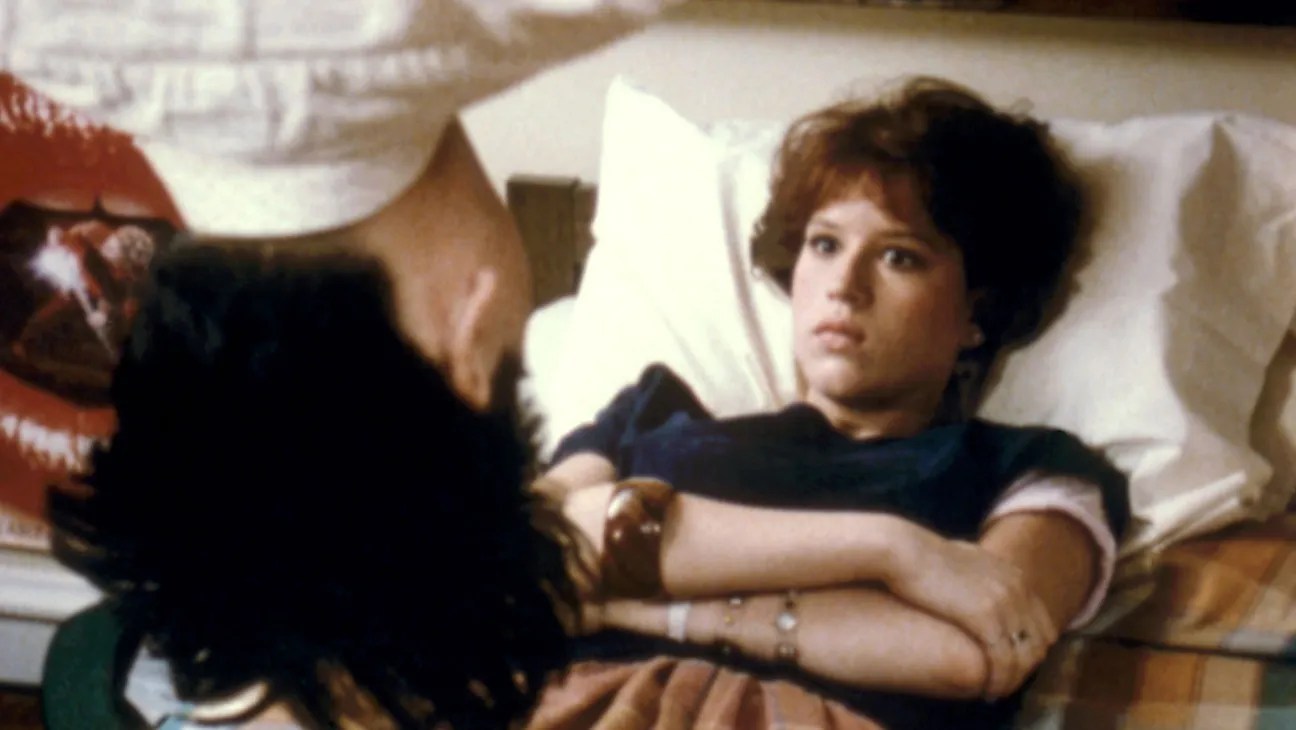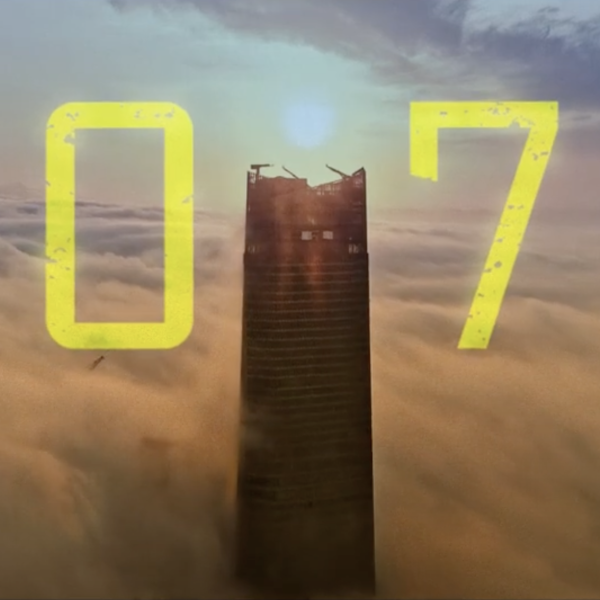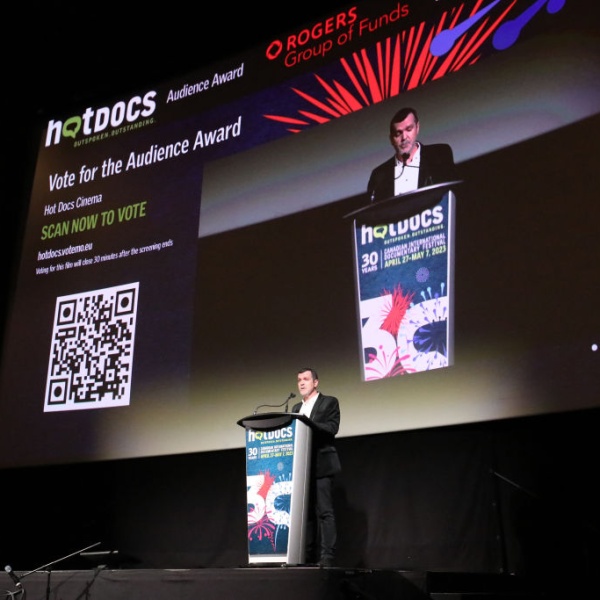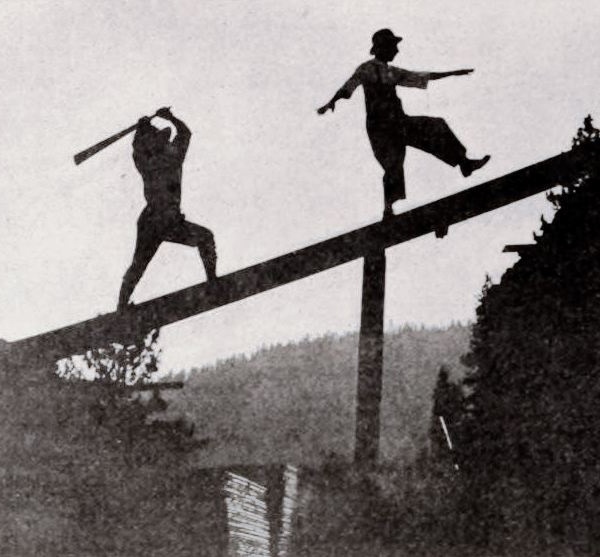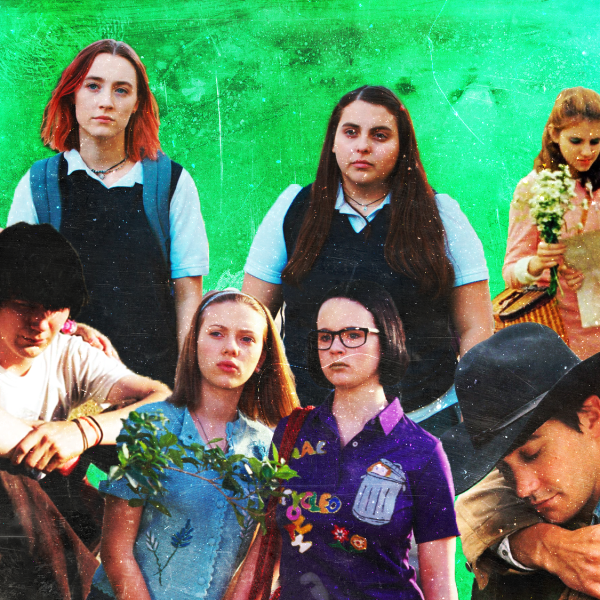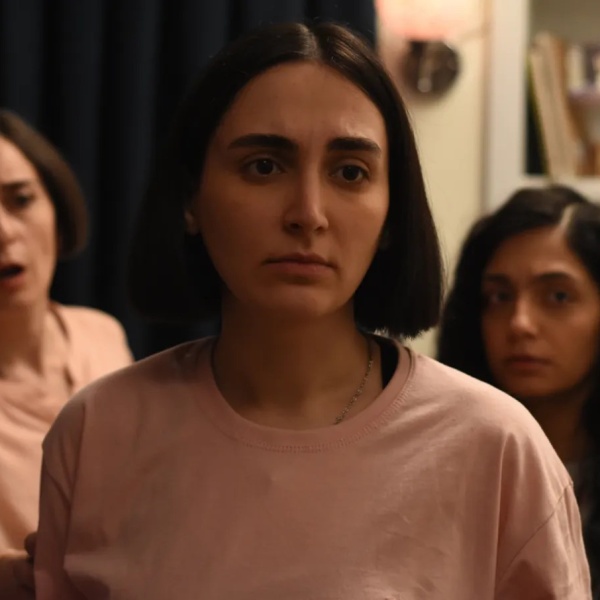“Sixteen Candles” actor Gedde Watanabe says it “didn’t really occur” to him in 1984 that his character Long Duk Dong “was a stereotype.”
“It didn’t really occur to me that it was a stereotype, because there wasn’t really anything out there for Asian actors at the time,” Watanabe told People magazine. “It was just so scarce. So I didn’t think it was stereotypical or racist. Isn’t that weird?”
In fact, Chinese exchange student Long Duk Dong exemplified anti-stereotypes in his social standing in the teen film, according to the actor. Long Duk Dong parties, becomes popular, and even gets a girlfriend despite speaking in broken English.
“That was really unusual in a sense, for the Asian character to get the girl and party and be in bliss like that,” he said. Watanabe was being interviewed as part of the magazine’s 40th anniversary celebration of the John Hughes film.
However, that doesn’t mean that Watanabe condones every aspect of how the movie handled his character.
“I remember the movie using the word ‘Chinaman’ and even then I was like, ‘Oh, that’s not great,’” he said. “But you also have to remember in that period of time, people still had to be educated about parameters, what the alarm bells were when it came to being offensive.”
Watanabe added of his decision to take on the role, “Frankly I was like, this is a good job, and I’m going to get paid more doing one week in this movie than I did all the years I was in the theater.”
“Sixteen Candles” is currently streaming on Netflix as part of the platform’s Milestone Movies curation.
Watanabe’s co-star Molly Ringwald has, in recent years, expressed some discomfort with her iconic ’80s roles, like “Sixteen Candles.” Ringwald retweeted Constance Grady’s 2018 Vox article “The rape culture of the 1980s, explained by ‘Sixteen Candles,’” with the caption, “I could not agree more.” Ringwald also penned a New Yorker article about rewatching “The Breakfast Club,” another Hughes’ movie.
